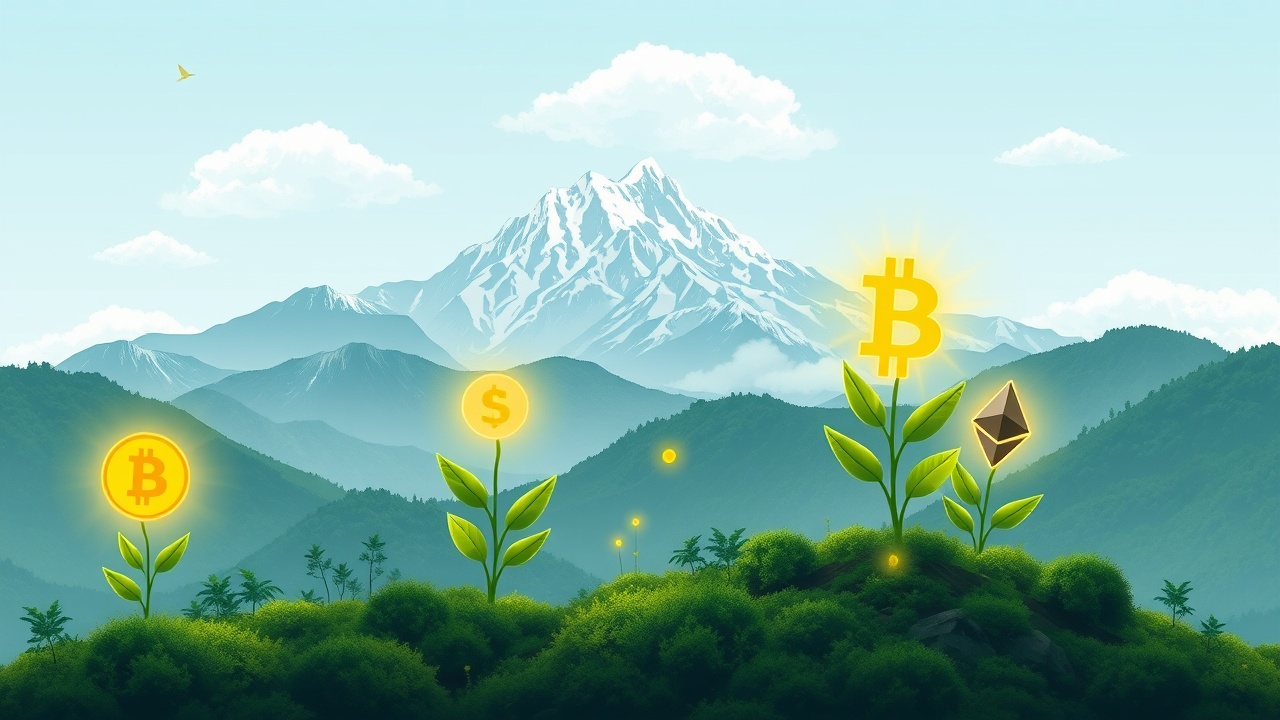Bhutan’s Cultural Seclusion and Modernization
Nestled within the majestic Himalayan mountains, Bhutan has historically favored its cultural seclusion, missing out on many global trends. Recently, however, the tiny nation has begun embracing digitization, marking a significant shift towards modernization. This change reflects the ambitions of the current monarch, King Jigme Khesar Namgyal Wangchuck, who is continuing the modernization efforts initiated by his father, King Jigme Singye Wangchuk.
Transition Towards a Digital Economy
For decades, Bhutan maintained stringent isolationist policies, making it incredibly hard for outsiders to enter, with television only arriving in 1999. Nonetheless, recent developments indicate Bhutan is poised to integrate into the global economy, particularly with the advent of their Digital Bhutan program, which aims to enhance the nation’s technological landscape through improved infrastructure, e-government initiatives, and fostering a vibrant digital startup ecosystem.
Cryptocurrency Ventures and Environmental Commitment
In a remarkable move, Bhutan has reportedly engaged in cryptocurrency mining at a governmental level, leveraging its abundant hydropower resources. According to investigations by Forbes, the Kingdom’s sovereign fund, Druk Holding & Investments (DHI), secretly invested substantial sums into cryptocurrency mining while operating alongside major international firms. DHI confirmed their bitcoin mining operations, revealing that Bhutan not only seeks to capitalize on this emerging market but is also promoting its renewable energy commitment.
Boasting one of the highest bitcoin reserves globally—over 12,000 BTC—Bhutan ranks fifth in the world in that respect, thanks to its clean hydroelectric power sources. While the mindset towards digital currencies in Bhutan is one of cautious optimism, the Royal Monetary Authority (RMA) has issued warnings regarding the risks associated with digital assets.
Exploring Blockchain Technology
Bhutan is also testing the waters with blockchain technologies. In partnership with the US-based company Ripple, the RMA is exploring the possibility of a Central Bank Digital Currency (CBDC) intended to enhance financial inclusion, especially for the substantial number of residents owning mobile phones. Additionally, the kingdom is looking into blockchain applications for agricultural supply chains and managing land registries.
Sustainability and Tourism
Despite these advancements, Bhutan remains grounded in the principles of sustainability and cultural preservation. Following the COVID-19 pandemic, it has progressively re-opened to tourism while implementing the Sustainable Development Fee (SDF), designed to funnel revenue into vital public sectors, including health and education. Recently, this fee saw a reduction from $200 to $100 per day to attract more visitors, amidst a thorough reevaluation of visa regulations, allowing more direct access for travelers to services.
Foreign Relations and Diplomatic Navigation
Bhutan’s foreign relations reflect its desire to maintain sovereignty while fostering partnerships, particularly with India, which continues to provide extensive developmental support. Meanwhile, ongoing border discussions with China demonstrate the kingdom’s careful diplomatic navigation. In an interesting diplomatic gesture, Thai King Maha Vajiralongkorn visited Bhutan in April 2025, a move interpreted as a reflection of Thailand’s neutral stance in international disputes.
Challenges and Future Prospects
As Bhutan forges ahead into the digital age, it confronts various challenges, including boosting IT infrastructure and addressing potential societal shifts sparked by rapid technological growth. Moreover, while its emphasis on hydropower for cryptocurrency mining highlights its commitment to carbon neutrality, it simultaneously raises concerns about climate vulnerabilities.
Nonetheless, Bhutan is striving to balance innovation with its cultural heritage. By prioritizing sustainable development within its tech ventures and promoting environmental protection, Bhutan is establishing itself as a beacon of how smaller nations can leverage advanced technologies for broader developmental goals. As the country continues to adapt to the digital era, it epitomizes a transition from historical isolation to proactive engagement on the global stage.




